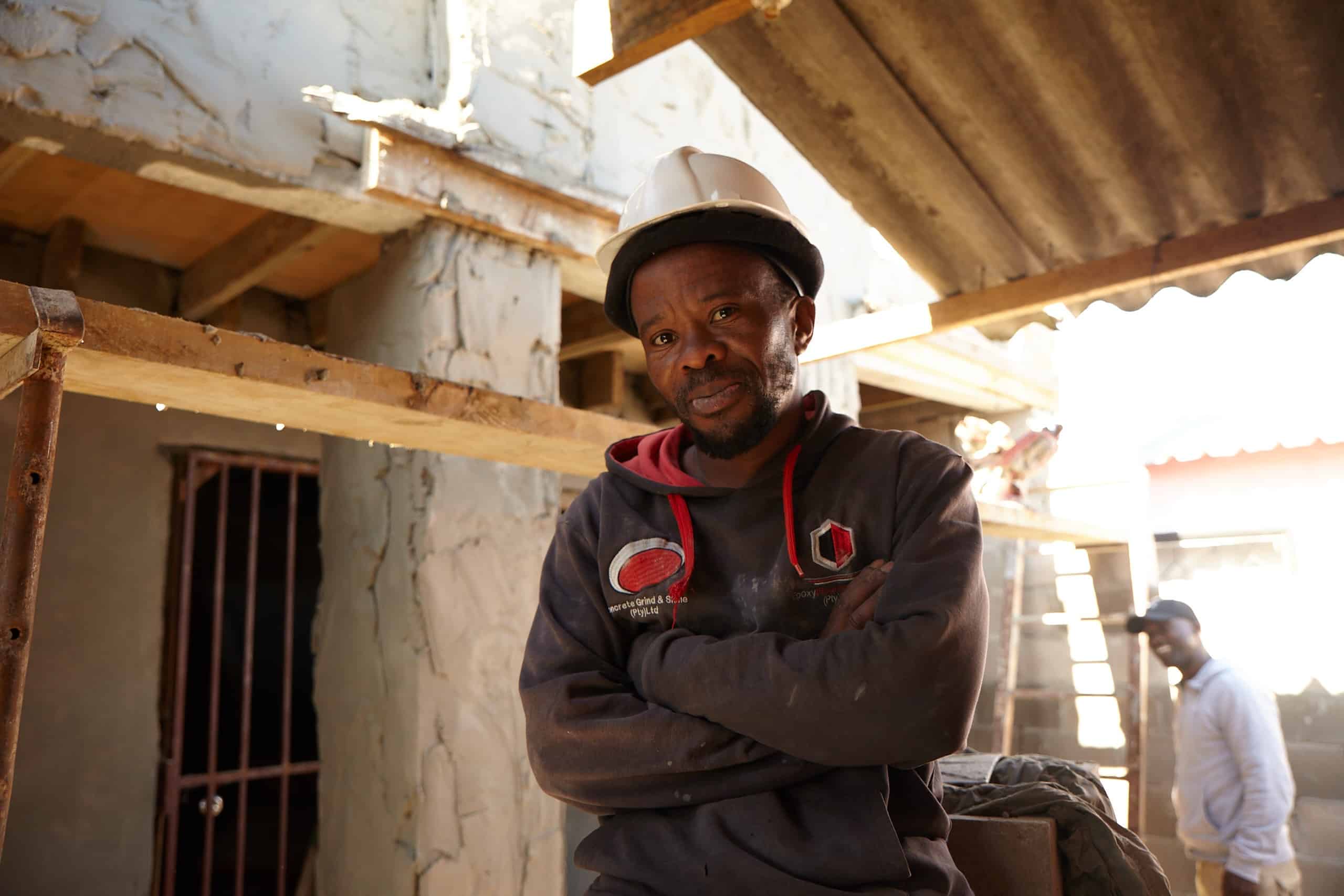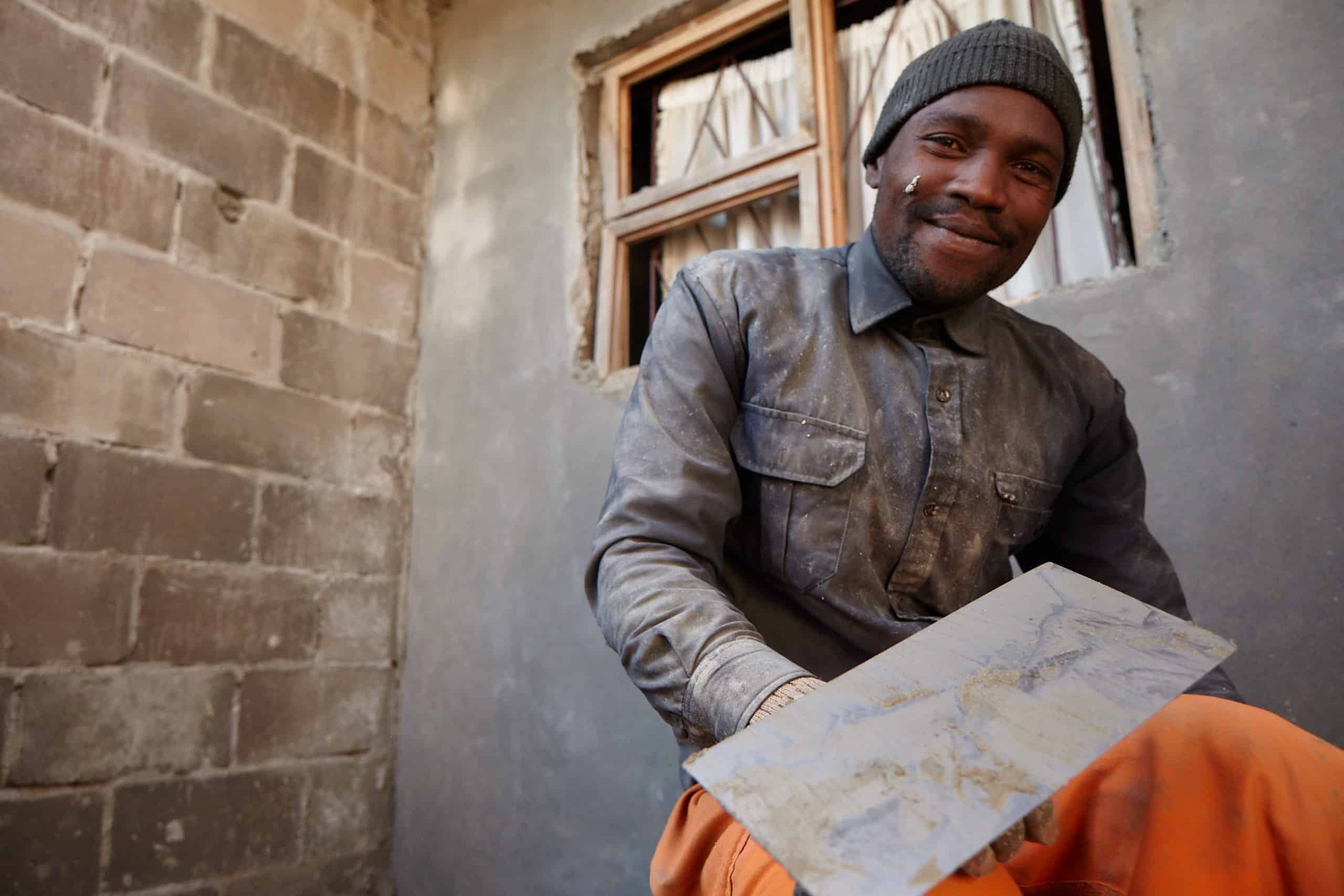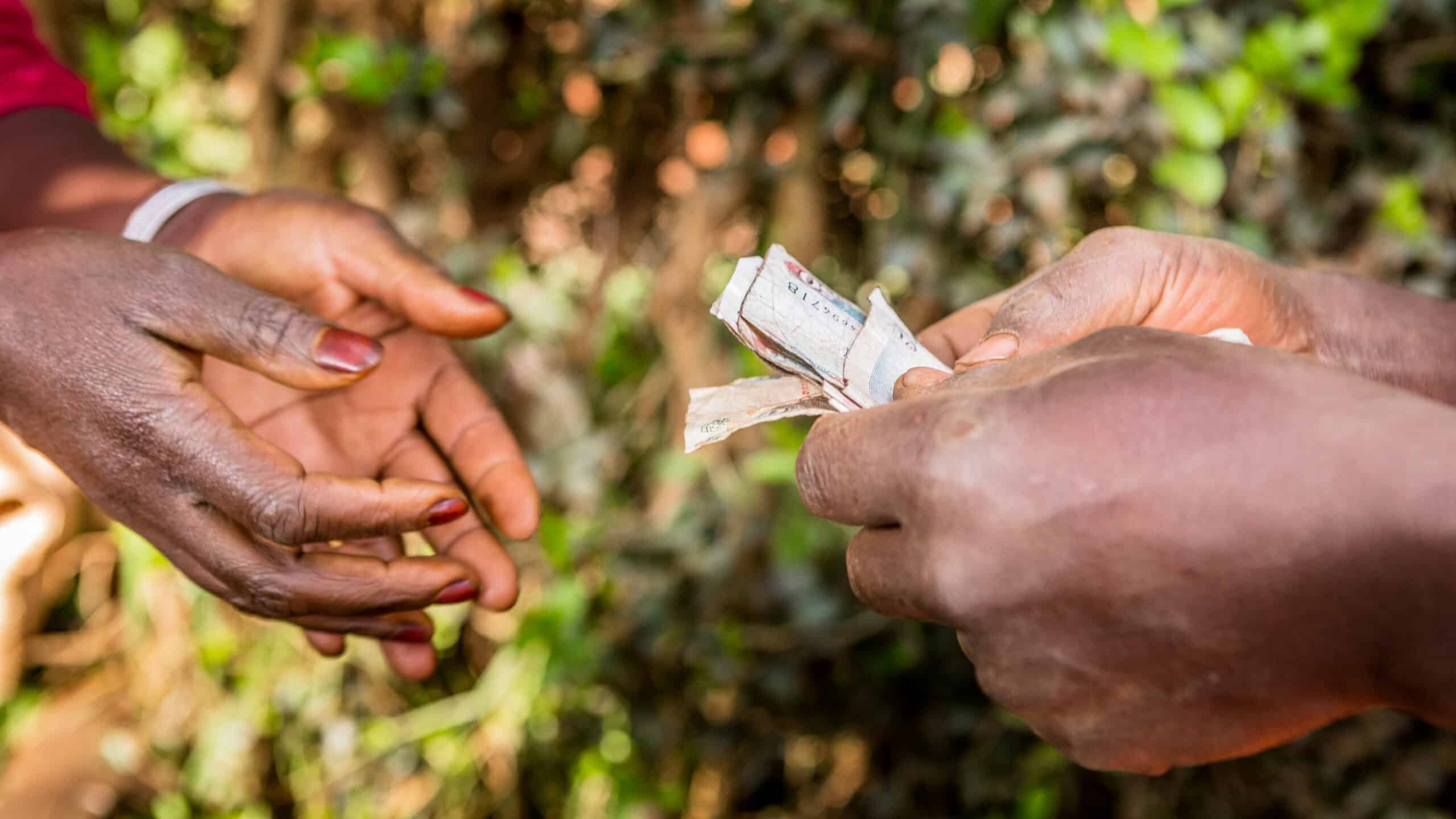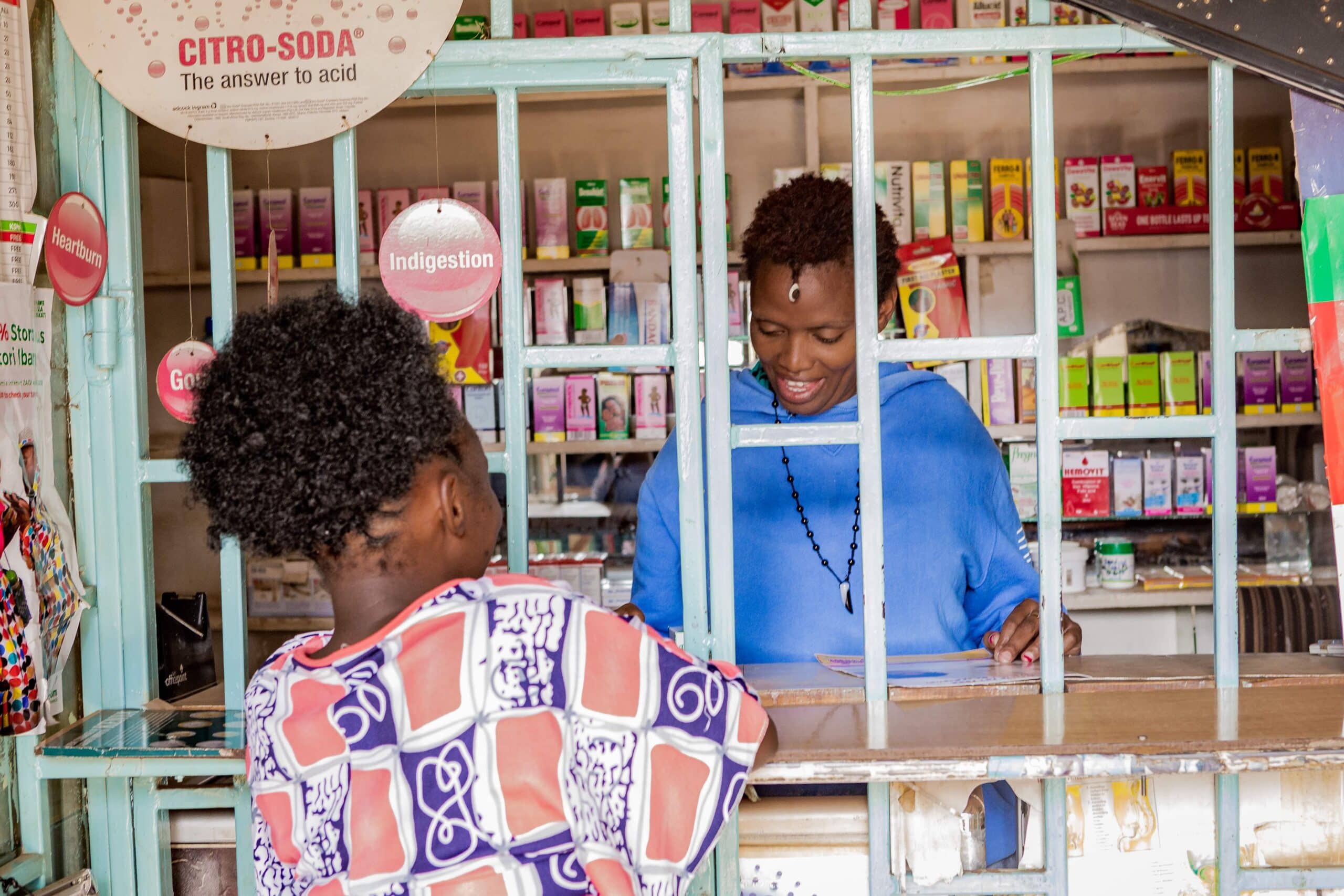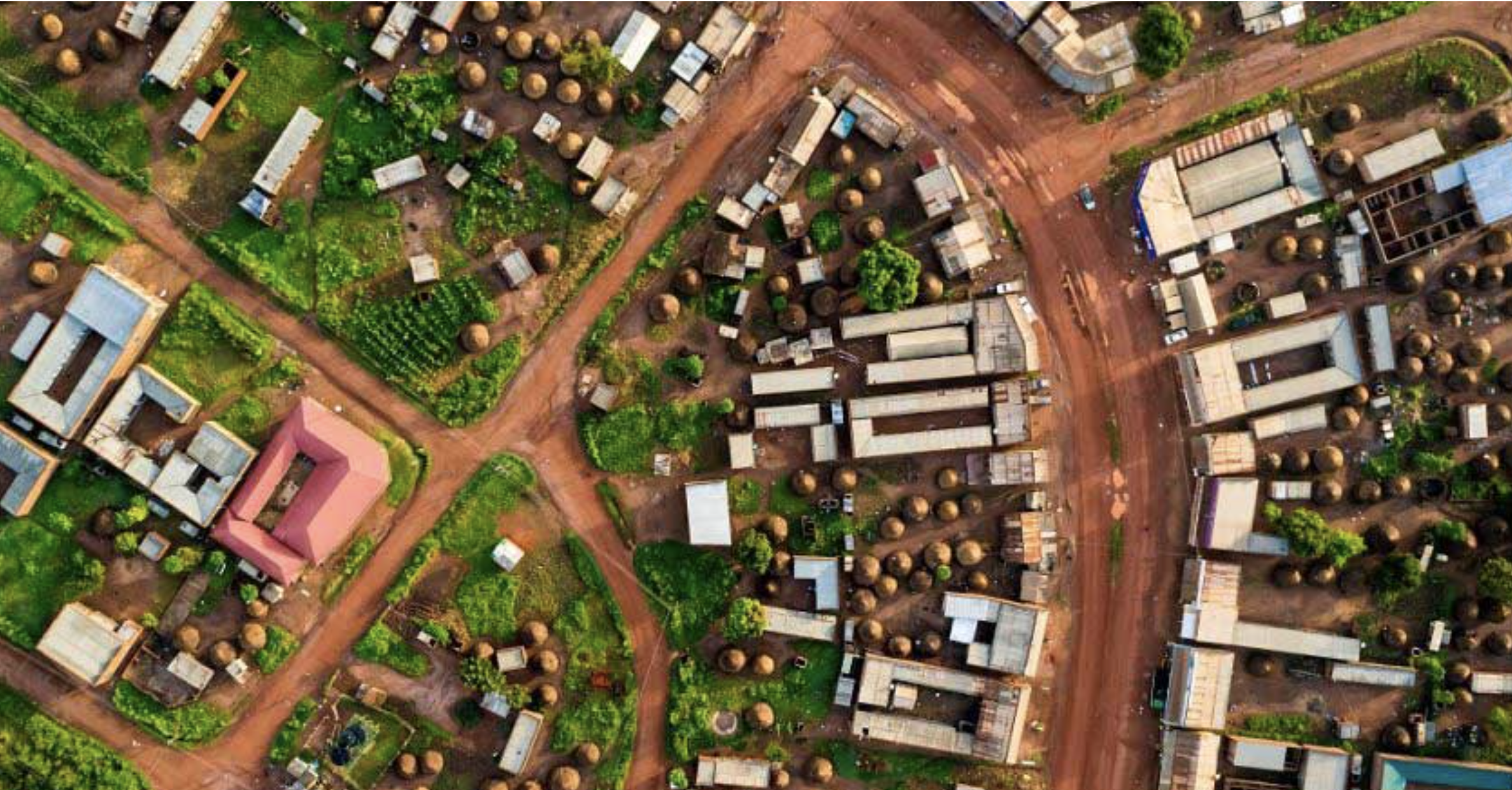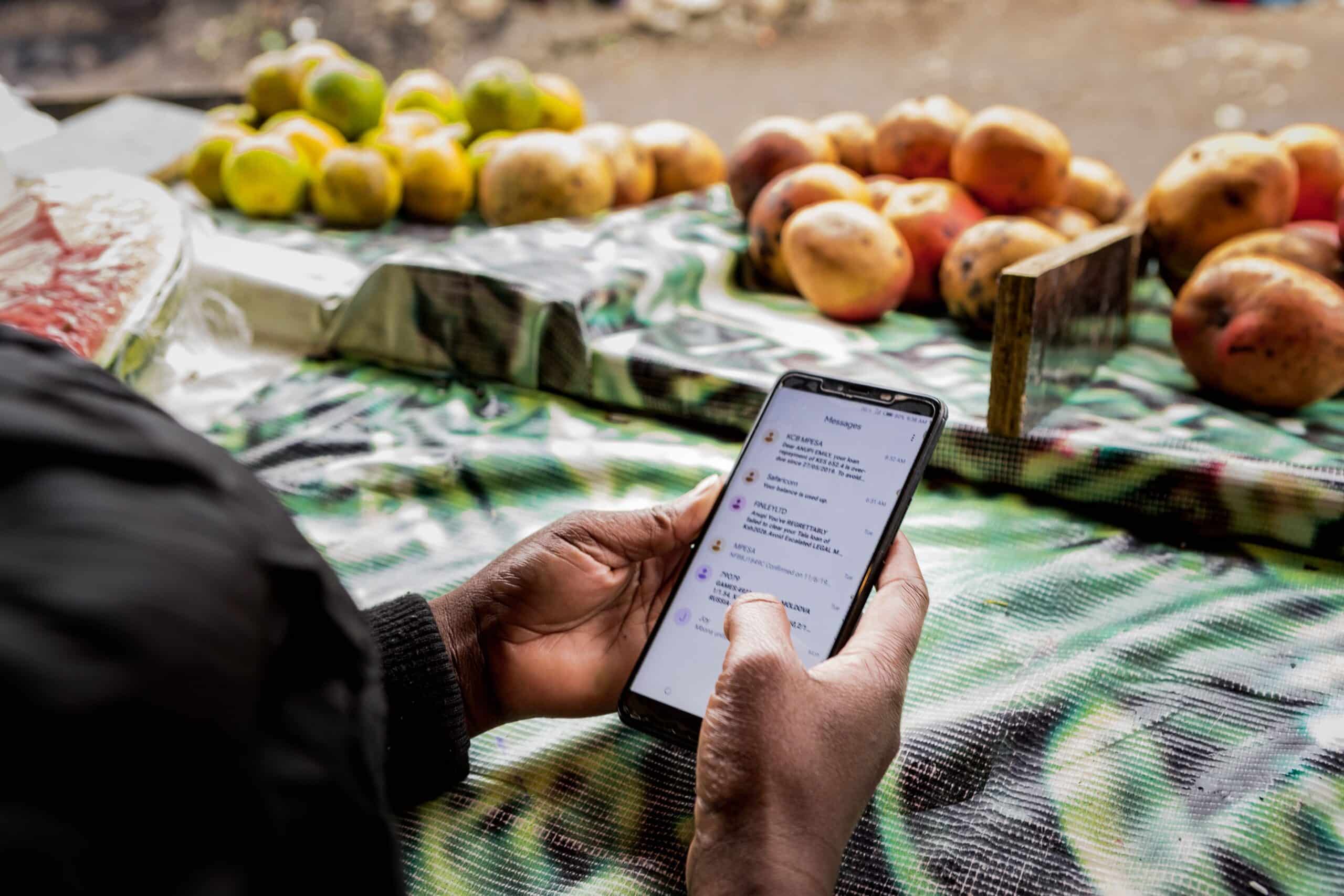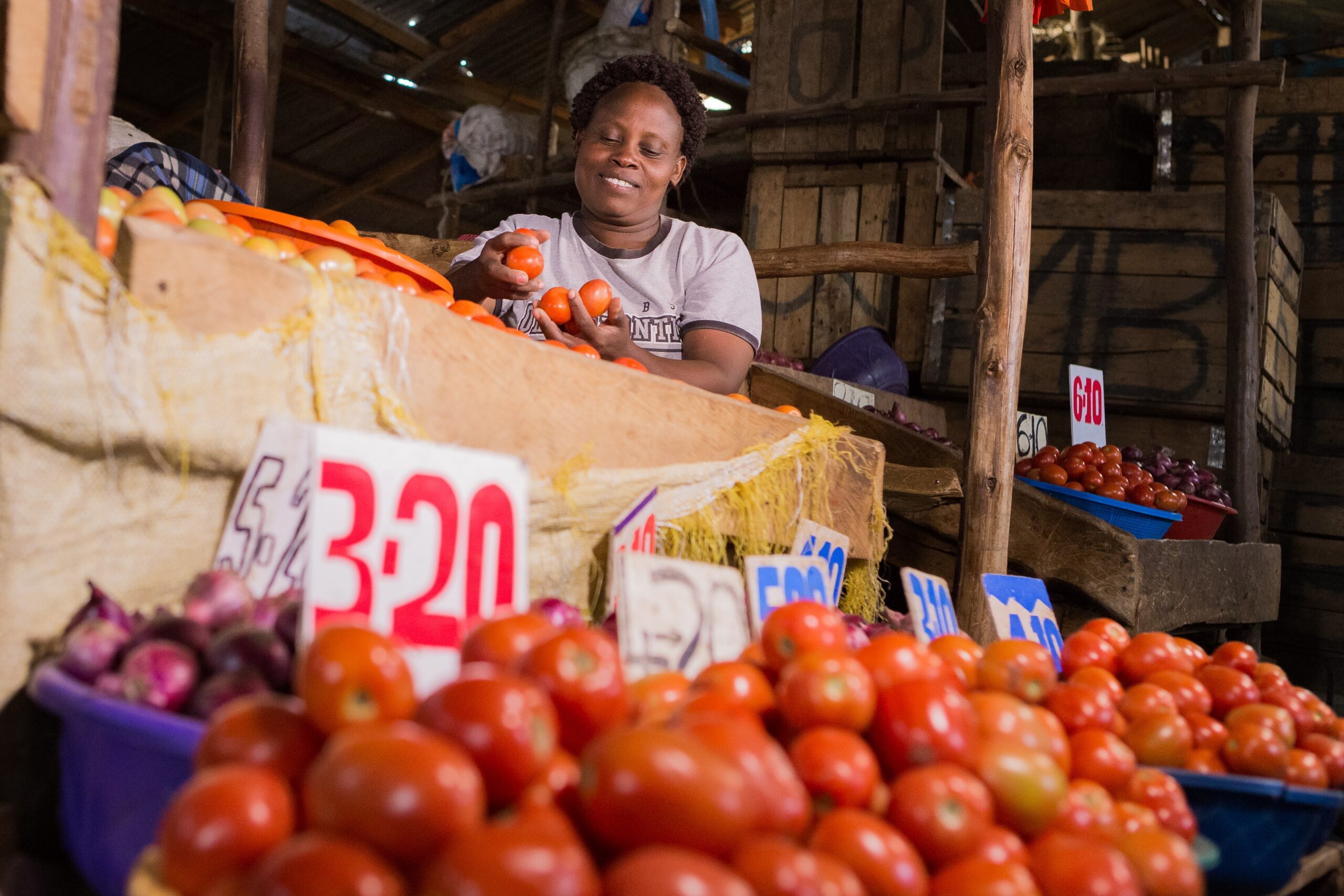FSD Africa’s partner, the Centre for Affordable Housing Finance has produced the 2015 Housing Finance in Africa Yearbook.
Innovation in housing finance –in terms of products, players, and approaches, not to mention target markets – is a key feature across the continent, creating new opportunities for investment and delivery. As both local and international investors chase growth opportunities in a sluggish global economy, they are employing diversification strategies to manage the risks of their traditional targets – and in this, residential property is increasingly becoming an option. And while established players are getting better at what they do, new players are adding to the mix and competing for opportunities.
Investors are faced with a paradox, however. By their very nature, they are drawn to the high income markets. It is in these markets that they can price adequately for risk and realize the returns they seek. However, the real story – the scale opportunity just waiting to be cracked – is in the lower income market segments. The arguments for investment in residential – high urbanization rates, a growing middle class, a shortage of supply – these are all arguments for moving down market into the uncharted waters of affordable housing. Can investors and developers do it? In 2015, this is a very real focus.
Five stories characterize Africa’s housing finance markets in 2015:
1. Innovation in financing
2. Growing awareness of the opportunity in residential
3. The identification of niche markets and an appreciation of the affordability challenge
4. Policy & regulatory evolution to match investor interest
5. Growing experience and investor sophistication
Of course, the challenges are not insignificant. But increasingly, investors and developers are noting that the potential benefits outweigh the risks. And, as governments come to appreciate the potential that this interest offers, their efforts to streamline development processes and enable their local housing markets to grow are creating new opportunities that are beginning to change the face of African cities.
This is the sixth edition of the Housing Finance in Africa yearbook. Since last year, CAHF have added five country profiles and one regional profile bringing the total to 48 country profiles and five regional profiles. CAHF have again sought out new data sources, and rethought their approach to the affordability graphs. CAHF have been monitoring the news so that this yearbook reflects the current situation of housing finance markets on the African continent in 2015.
The Yearbook is intended to provide housing finance practitioners, investors, developers, researchers and government officials with a current update of practice and developments in housing finance in Africa, reflecting the dynamic change and growth evident in the market. It is hoped that it will also highlight the opportunities available for new initiatives, and help practitioners find one another as they strive to participate in the sector. While the general aim of the Yearbook is to offer a broad overview of housing finance and housing development in Africa, special emphasis is placed on the key challenge of housing affordability, and the critical need for housing products and finance that are explicitly targeted at the income profiles of the majority.
This has been a desktop study. Using the CAHF’s research as baseline material, further information on more recent developments was accessed from media reports, journal articles and practitioner websites. In some cases, material was shared with in-country practitioners. Of course, the yearbook is not comprehensive, neither in the scope of countries covered nor the data provided. It is intended as an introduction, with the hope that the detail provided will whet the appetite for more. CAHF invites readers to provide comment and share their experiences on what they are doing in housing finance in Africa.
Download the yearbook here.
